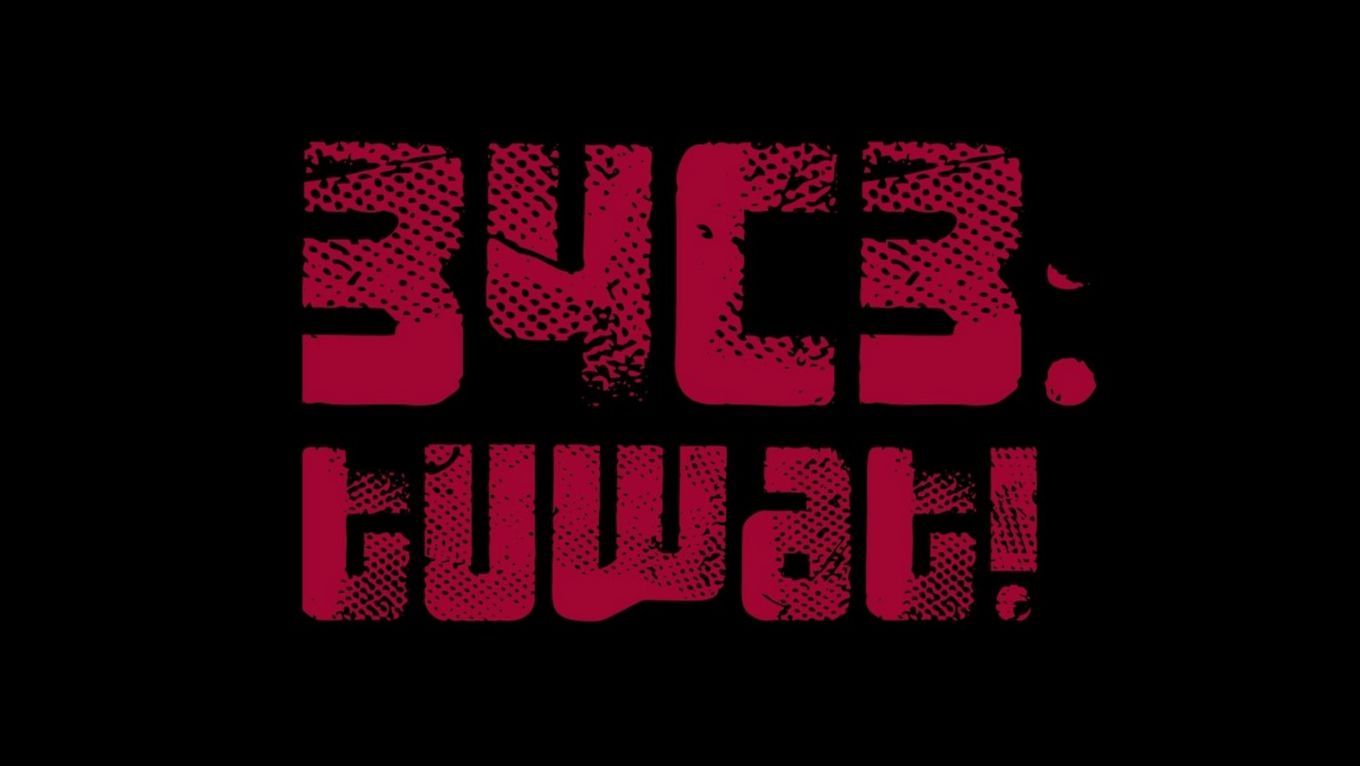Ethics, Society & Politics
Tightening the Net in Iran
The Situation of Censorship and Surveillance in Iran, and What Should Be Done
How do Iranians experience the Internet? Various hurdles and risks exist for Iranians and including outside actors like American technology companies. This talk will assess the state of the Internet in Iran, discuss things like the threats of hacking from the Iranian cyber army; how the government are arresting Iranians for their online activities; the most recent policies and laws for censorship, surveillance and encryption; and the policies and relationships of foreign technology companies like Apple, Twitter and Telegram with Iran, and the ways they are affecting the everyday lives of Iranians. This talk will effectively map out how the Internet continues to be a tight and controlled space in Iran, and what efforts are being done and can be done to make the Iranian Internet a more accessible and secure space.
How do Iranians experience the Internet? Various hurdles and risks exist for Iranians and including outside actors like American technology companies. This talk will assess the state of the Internet in Iran, discuss things like the threats of hacking from the Iranian cyber army; how the government are arresting Iranians for their online activities; the most recent policies and laws for censorship, surveillance and encryption; and the policies and relationships of foreign technology companies like Apple, Twitter and Telegram with Iran, and the ways they are affecting the everyday lives of Iranians. This talk will effectively map out how the Internet continues to be a tight and controlled space in Iran, and what efforts are being done and can be done to make the Iranian Internet a more accessible and secure space.
Break down of the talk:
What threats exist for Iranians online?
A discussion of the various bodies that police the Internet in Iran will be discussed, including the Iranian Cyber Police (FATA), Gerdab (the Revolutionary Guards Cyber Police), and the loosely affiliated government network of the Iranian Cyber Army, and how they have been tracking, arresting, and hacking into the online activities of various Iranians inside and outside of the country.
Government Internet policies
The talk will briefly overview the quagmire that is Internet policy and law, including the bodies that regulate the Internet, such as the Supreme Council of Cyberspace, and various laws such as the Cyber Crimes Laws, the censorship of various encryption tools, new policies on censorship and data collection, and the Internet policies under the new Minister of ICT, Mohammad-Javad Azari Jahromi, a former member of the Ministry of Intelligence and architect of Iran’s online surveillance infrastructure.
Foreign Technology Companies
Apple is not officially present in Iran, and does not want to get involved in financial transactions with Iranian banks. As a result, it’s been removing the applications of Iranians off it’s app store, to the detriment of all lot of Internet services Iranians with iPhones can access. Telegram has long been rumoured to be cooperating with the Iranian government. This past year they moved their CDN servers inside Iran, citing concerns for the security of Telegram data from the Iranian government. Telegram is one of the only social media platforms not censored in Iran, but now Iran’s hardline politicians are threatening to sue Pavel Durov. Additionally, the new Minister of ICT has said they will be engaging Twitter in negotiations to unfilter the platform in Iran. Twitter is refusing to comment on whether they are engaging or will work with the government. This portion of the talk will try to understand the dangers and responsibilities companies have to keeping the Internet safe and accessible to Iranians.
Additional information
| Type | lecture |
|---|---|
| Language | English |
More sessions
| 12/27/17 |
In der EU wird gerade über eine Verordnung verhandelt, die für die Vertraulichkeit der elektronischen Kommunikation verbindliche und zeitgemäße Regeln schaffen soll. Diese „ePrivacy-Verordnung“ könnte in absehbarer Zeit die letzte Möglichkeit sein, dem informationellen Kontrollverlust EU-weit politisch etwas entgegenzusetzen.
|
| 12/27/17 |
The Joint Threat Research Intelligence Group (JTRIG), a unit in one of Britain’s intelligence agencies, is tasked with creating sockpuppet accounts and fake content on social media, in order to use "dirty tricks" to "destroy, deny, degrade [and] disrupt" enemies by "discrediting" them. In this talk, we reveal some of that content, in relation to infiltrating activists groups around the world, including during the Arab spring and Iranian revolution.
|
| 12/27/17 |
In 2014 China’s government announced the implementation of big data based social credit systems (SCS). The SCS will rate online and offline behavior to create a score for each user. One of them is planned to become mandatory in 2020. This lecture will review the current state of governmental and private SCS and different aspects of these systems.
|
| 12/27/17 |
Deutschland hat gewählt, man weiß nur noch nicht, wer regieren wird. Bis Weihnachten könnte ein Koalitionsvertrag verhandelt worden sein, vielleicht auch später. Was sind die zu erwartenden großen Debatten der neuen Legislaturperiode?
|
| 12/27/17 |
France is part of the top countries trying to destroy encryption, especially through backdoor obligations, global interceptions, and effort to get access to master keys. French law already criminalises the use of encryption, imposing heavier penalties on people using it or regarding them as general suspects. How can we oppose this trend? What political role for developers?
|
| 12/27/17 |
Software vendors like to claim that their software is secure, but the effort and techniques applied to this end vary significantly across the industry. From an end-user's perspective, how do you identify those vendors who are effective at securing their software? From a vendor's perspective, how do you identify those techniques which are effective at improving security? Presenting joint work with Sarah Zatko, mudge, Patrick Stach, and Parker Thompson.
|
| 12/27/17 |
Der NSA-BND-Untersuchungsausschuss des Deutschen Bundestags ist zu Ende. Da bietet es sich an, nun auf die gesammelten Geheimdienstskandale und die Reaktionen auf die Enthüllungen zurückzublicken.
|

